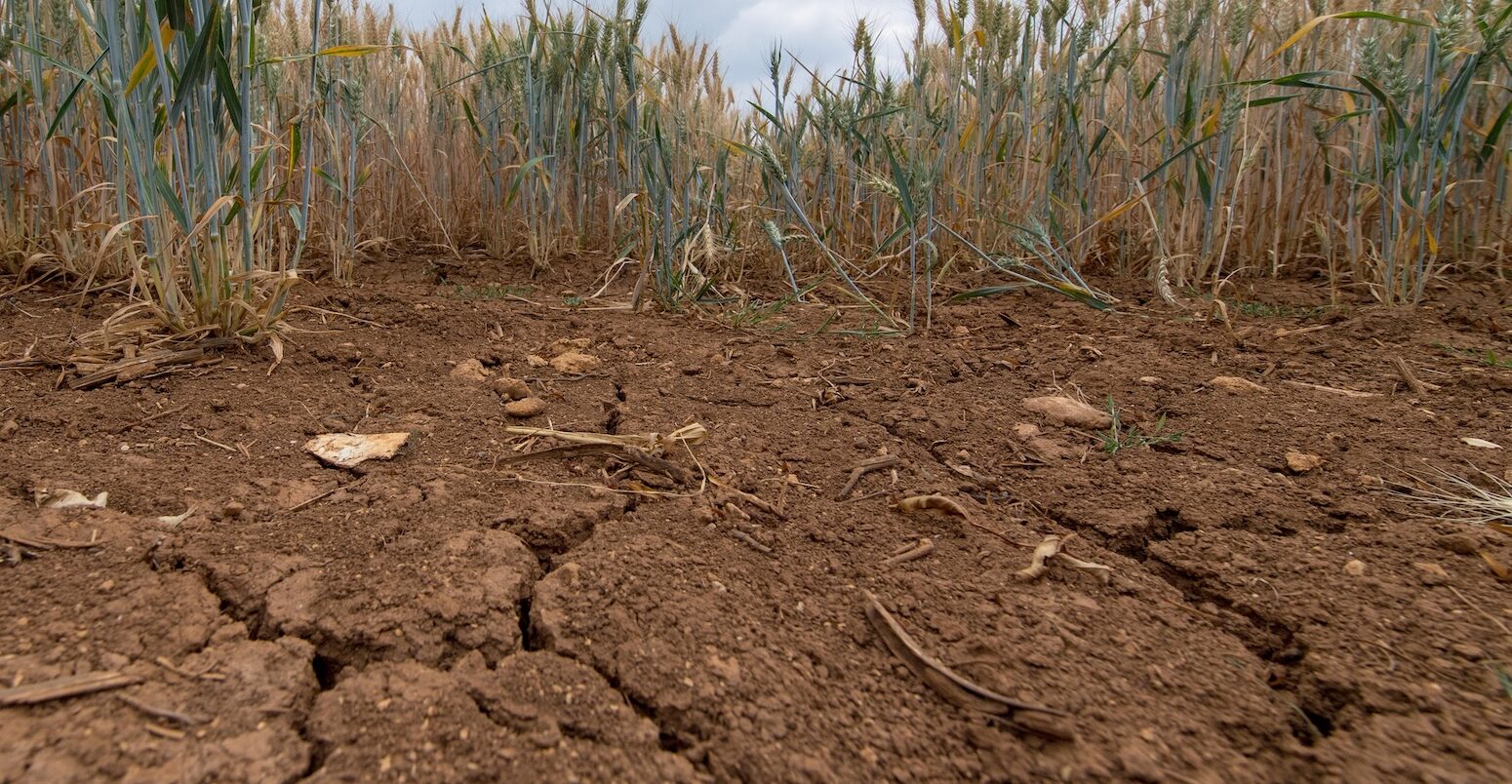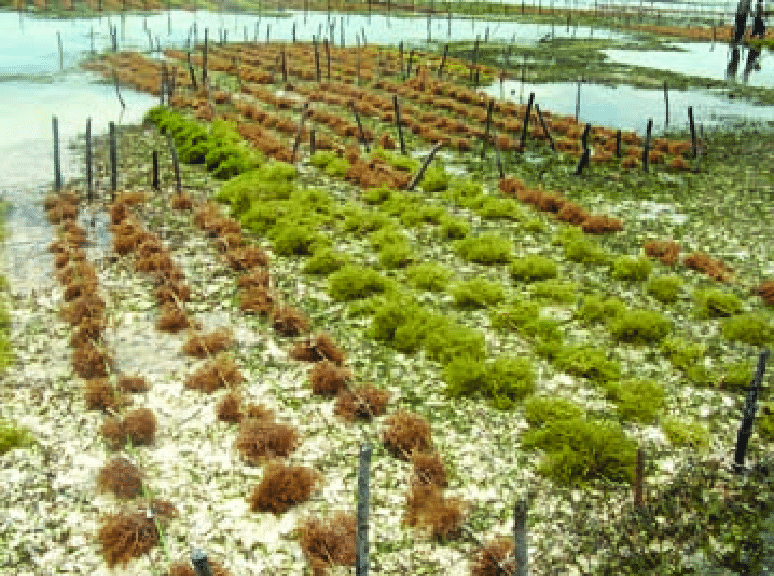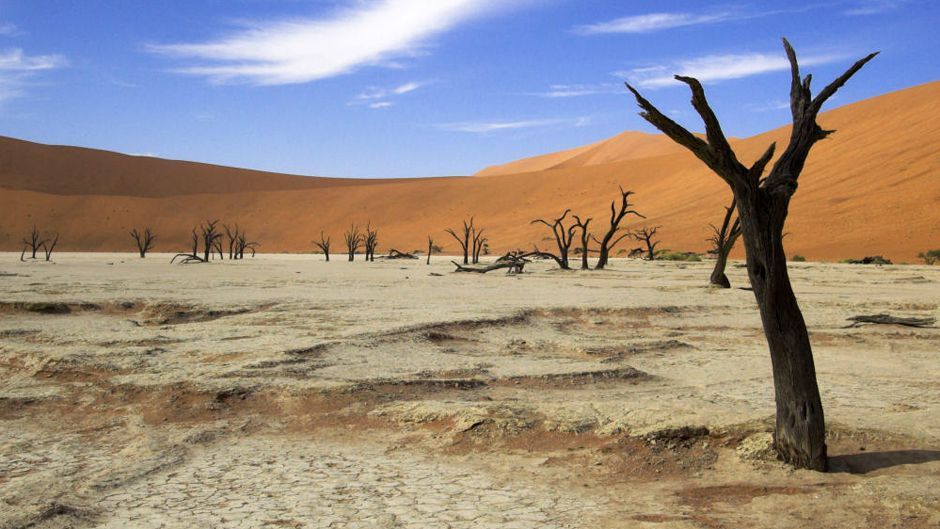Note: Only scientists who are employed at an institution in an economically disadvantaged country and reside in an economically disadvantaged country are eligible for support.
Note: Economically Disadvantaged Countries – Please see list of countries that are eligible for SAP: https://www.iufro.org/index.php?id=7520
1. BACKGROUND
Forests are the key to addressing interconnected global challenges of sustainable development. These for example include climate change, food and water security, biodiversity conservation as well as the transformation towards a bioeconomy. All these issues will underpin society’s ability to prosper within the renewable boundaries of our planet.
The International Union of Forest Research Organizations (IUFRO; www.iufro.org) is conscious of the importance of connecting the young forest science community to address challenges facing forests and forestry. Broadly, we strive to provide these future leaders with international experience to better equip them to address future global challenges and identify, create and fully utilise emerging opportunities.
In 2023, IUFRO’s Special Programme for Development of Capacities offers a limited number of grants of up to EUR 5 000 for Short Scientific Visits specifically for early career scientists1affiliated with IUFRO organisations who are employed at an institution in an economically disadvantaged country2 and reside in an economically disadvantaged country2 to visit a forest research organisation overseas.
The desired outcome is to provide both the grantee and their affiliated organisation with the opportunity to build research collaboration and capacity and to provide opportunities extending beyond the initial scientific exchange. The goals for the grantee are broad and could include for example, skills development, establishing productive relationships with scientific peers in the host country, using the visit to benefit their own research and, if possible, publishing of scientific material.
The specific duration of the short scientific visits will be dependent on the complexity of the proposed projects, the location of the visit, and the availability of leveraged funding sources.
While the delivery of a scientific publication (such as a journal article, chapter(s) in a book or similar publications) is not an official requirement, applicants are nevertheless encouraged to submit proposals with such a goal in mind. This scientific publication would preferably be co-authored by the grantee and at least one scientist of the respective member organisation hosting the visit.
1Early Career Scientist – is a scientist who has completed their MSc or PhD degree in forestry or related fields, is 35 years old or younger, and who is locally affiliated with an institution of research and higher learning in his/her respective home country.
2All countries pertaining to the World Bank’s list of low income economies and lower middle income economies fall within the category of economically disadvantaged countries.
2. HOW TO APPLY
Potential applicants are required to contact the potential host organisation prior to applying for a grant. Together they shall develop and agree on essential elements for the short scientific visit grant application including a project proposal and work plan, timing and duration of the proposed visit, and a mentor in the host country.
Candidates interested in applying for a short scientific visit grant should complete the online application form and submit their complete application documents in one PDF including all required application documents (listed below) by 31 July 2023. The PDF document should be submitted with a filename following the format “SSV_FirstnameLastnameCountry.pdf”
Please submit the document to this link.
Required application documents:
- Work plan outlining the details of the scientific visit, approved by host organisation (Work plan template)
- Endorsement letter by applicant’s host organisation (Endorsement letter template)
- Endorsement by the applicant’s Head of Department
- Curriculum vitae of applicant
- Curriculum vitae of mentor
The application deadline is 31 July 2023. Only complete applications will be considered.
Project proposals should address a topic of significance to IUFRO’s Post-2020 Strategy (https://www.iufro.org/discover/strategy/ ), in particular by addressing one or more of the five thematic areas defined in the strategy.
The duration of the scientific visit should be agreed between the applicant and host organisation and last approximately three months, unless additional funding has been sourced to undertake a more extensive exchange. In this case, the activities funded by the additional funds should be included in the work plan.
We emphasise that applicants should contact the host organisation which they plan to work with prior to applying for support. Applicants should have tentatively agreed on the scope of scientific project, the associated work plan and the suitable dates for the planned research visit with the potential host organisation. The applicant will be responsible for all arrangements that need to be made prior to and during scientific visit.
Successful applicants will be informed in writing entailing:
- the approval of the grant
- the level of financing that has been approved
- a payment request form
The applicant will need to return a signed acceptance letter (by email), within one week to confirm acceptance of the grant.
3. EVALUATION CRITERIA
The applicants are selected on a competitive basis following the selection criteria provided below.
The following criteria will be used to select successful candidates:
- Originality and relevance of the research topic
- Applicant’s previous experience and work on the proposed research topic
- Overall quality of the work plan
- Feasibility of the work planned at the host institution
- Geographic and gender balance
Applicants that have not previously been awarded a grant for a short scientific visit have preference.
4. FUNDING
The grant supporting the scientific visits will be a lump sum payment of up to €5,000 that will be paid once the grantee has acknowledged that their application has been successful and upon signing of the grant acceptance agreement.
The funding should cover travel and subsistence costs for the period of the grant. However, if additional funding is acquired, longer visits would be acceptable (final duration of the visit would be decided between awardee and host institution as appropriate to the proposed work). We strongly endorse seeking additional funds in order to yield the full potential of an extended scientific visit.
5. HOST INSTITUTION
The applicant will be responsible for obtaining the agreement of the host institution before submitting their application. While the applicant needs to be affiliated with a member organisation of IUFRO, the host institution need not necessarily be a member institution.
Once selected to receive a grant, grantees will be required to contact the host organisation and initiate the intended project well in advance of their visit.
6. REPORTING
Grantees are expected to provide IUFRO with short monthly updates on the scientific visit to be published on the IUFRO website, as well as appropriate social media platforms.
Upon the conclusion of the scientific visit, the grantee is expected to deliver a detailed report on the work conducted, conclusions drawn, skills acquired, professional relationships established and future plans relating to the visit within four weeks of leaving the host country (Short Scientific Visit Report template).
In the case of an intended scientific publication, a draft should be provided, co-authored by at least one scientist from the organisation hosting the visit.
7. TIMELINE
31 July 2023: Deadline for application submission
September 2023: Evaluation and decision on grant awardees
30 September 2023: Information submitted to successful candidates
January – June 2024: Grants implemented
8. CONTACT
Should you have any questions regarding the grant application, please contact IUFRO-SPDC (spdc@iufro.org).




